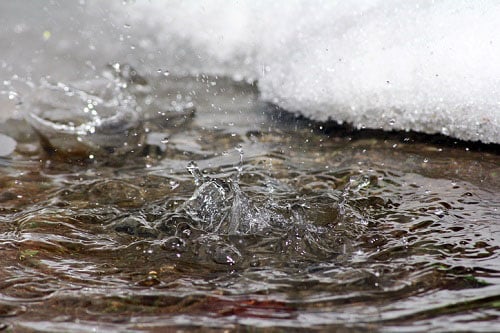

The Insurance Bureau of Canada (IBC) has urged homeowners in Alberta to review their insurance policies as the province continues to endure the devastating effects of hailstorms.
In August, a record-breaking hailstorm hit the Calgary area, causing nearly $2.8 billion in insured losses, according to data from Catastrophe Indices and Quantification Inc. (CatIQ).
This event is now considered by the IBC as the costliest hailstorm in Canadian history, surpassing a similar storm from 2020 and ranking as the second-most expensive disaster overall, trailing only the 2016 Fort McMurray wildfire.
IBC noted that over the last 20 years, hailstorms have caused more than $10 billion in insured losses, adjusted for inflation, with $5.5 billion of that total occurring in the past five years alone.
The geography of Alberta, particularly its proximity to the Rocky Mountains, makes it a hotbed for hail formation, where moist air collides with cold, dry currents from the peaks to create ideal conditions for large hailstones.
Alberta’s hailstorms caused extensive damage to homes, businesses, vehicles, and agricultural crops. According to Environment Canada, hailstones can grow as large as grapefruits, reaching speeds of up to 130 kilometres per hour. Insurers in the province are dealing with over 130,000 claims following the August storm.
According to IBC, many insurance providers now offer hail-specific deductibles, which are often higher following multiple claims. There are also endorsements such as roof and siding limitation clauses and resilient material enhancements, which provide partial coverage or allow for stronger, hail-resistant building materials.
The IBC and the Institute for Catastrophic Loss Reduction (ICLR) have recommended that homeowners take proactive measures to protect their property from future hail damage.
After Calgary’s 2020 hailstorm, the city partnered with the ICLR to launch a $3.25 million incentive program encouraging homeowners to install Class 4 impact-resistant roof shingles. According to research, such roofing can reduce hail damage up to 15 times over.
Though Calgary’s program ended in 2022, IBC and ICLR are calling on governments to reinvest in initiatives aimed at increasing resilience against hailstorms. The ICLR offers resources through its HailSmart website, which provides guidance on reducing hail damage.
Alberta’s insurers also remain involved in the Alberta Severe Weather Management Society’s weather modification efforts. The Alberta Hail Suppression Project uses planes to disperse silver iodide into developing storms, reducing the size of hailstones. While this cloud seeding project helps limit damage, it cannot entirely prevent hailstorms from impacting the province.
What are your thoughts on recent reports about severe weather events? Share your comments below.
